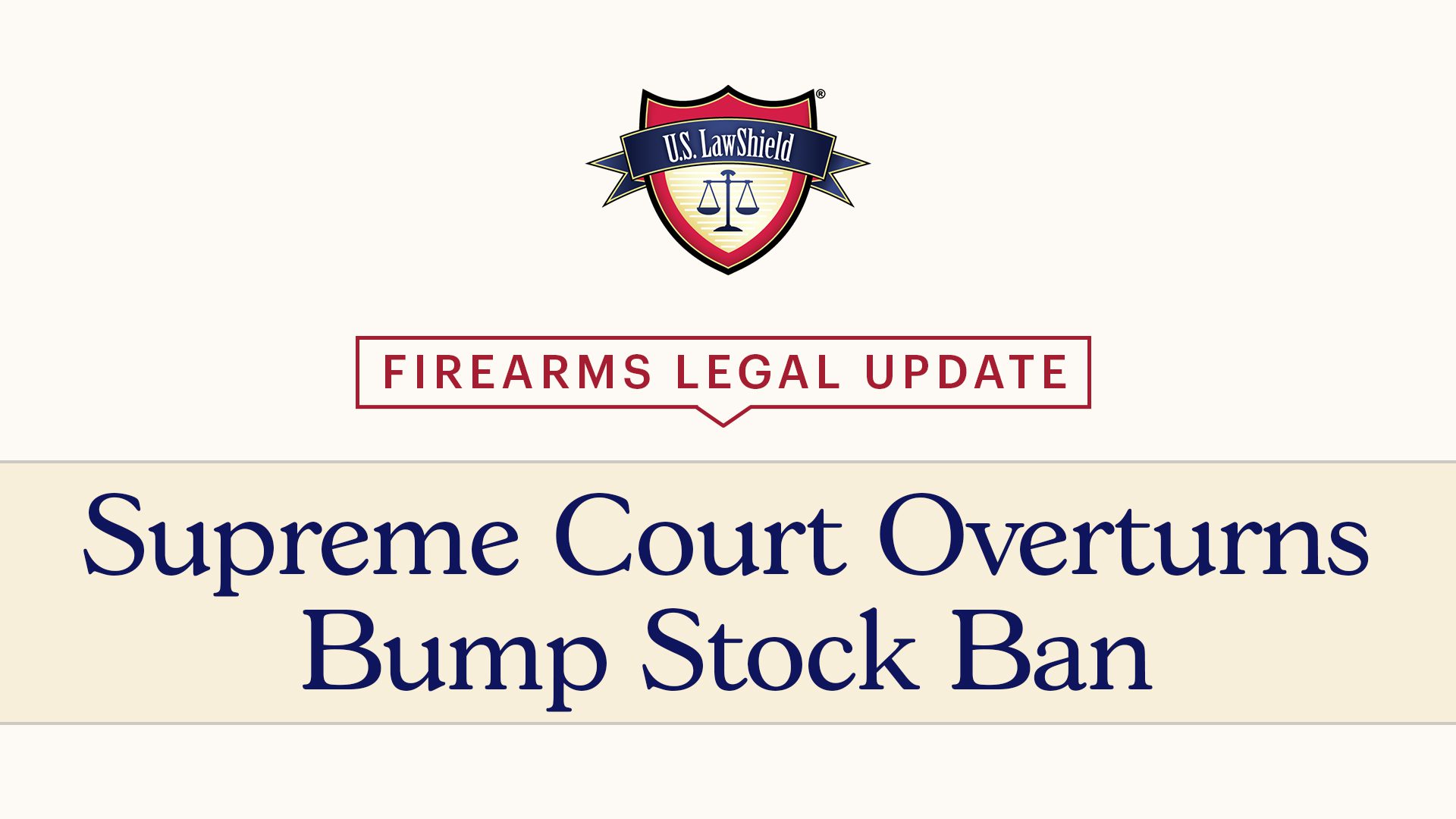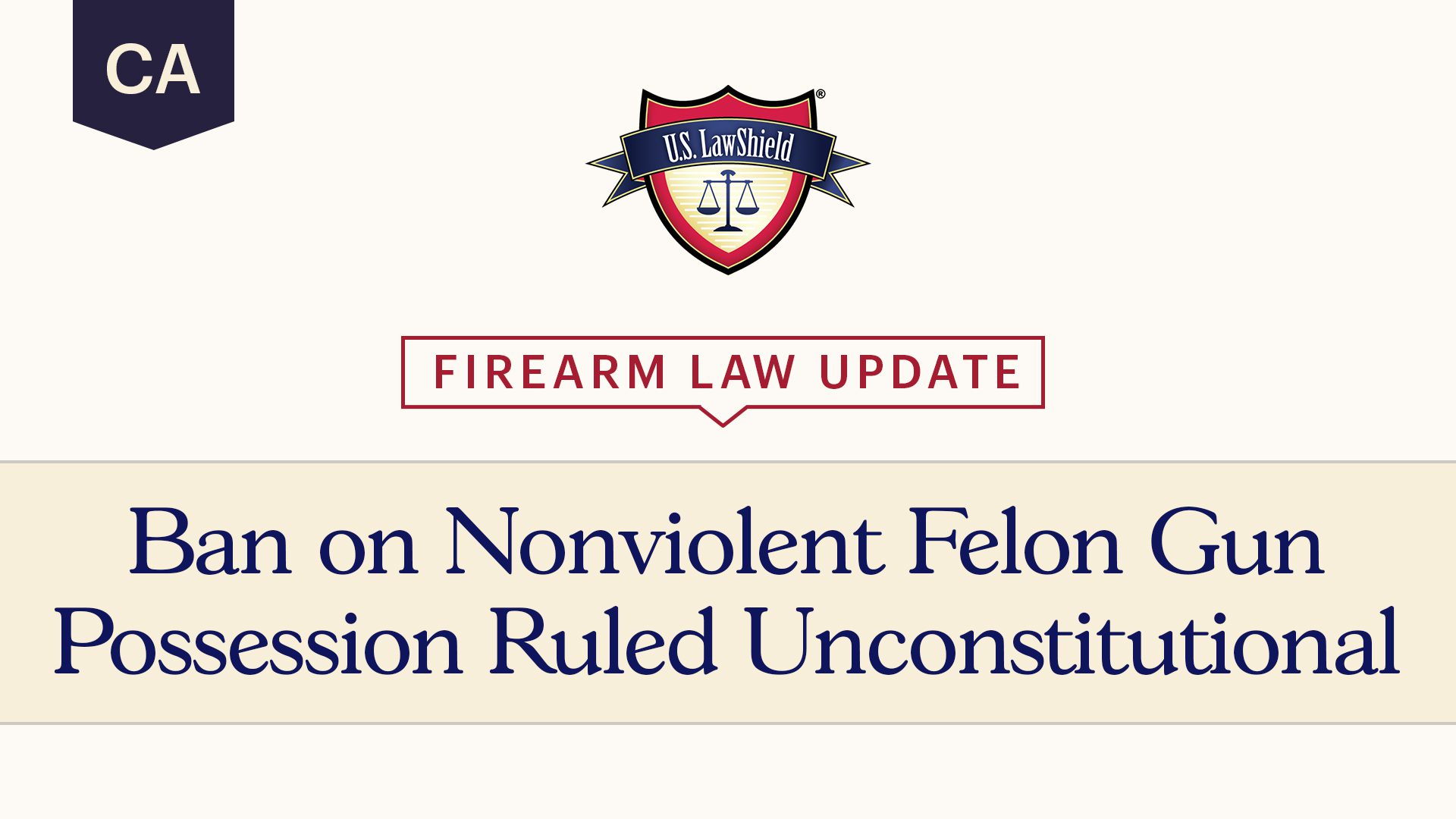Consent to Search
You’re driving home after a long day of work, and a police officer stops you for speeding. He pulls out his ticket book and he asks if there’s anything in the car he should know about. Perplexed, you say no. The officer hands you a ticket and then asks if he can take a look in your car. Do you have to let him into your car? No. Thanks to the Fourth Amendment to the United States Constitution.
Court battles have eroded the Fourth Amendment to the point where more searches today are performed by law enforcement without a warrant than with one. These exceptions to the warrant requirement are numerous and nuanced, and this video will only cover one of them: consent. Also, the most common.
But, to start us off, we have to begin with the Fourth Amendment which reads: “The right of the people to be secure in their persons, houses, papers, and effects against unreasonable searches and seizures shall not be violated. And no warrants shall issue, but upon probable cause supported by oath, or affirmation, and particularly describing the place to be searched and the persons or things to be seized.”
What is a search? A search is a government agent’s intrusion into a person’s reasonable expectation of privacy. The Fourth Amendment provides that the police must obtain a warrant based on probable cause to interrupt this right lawfully, but if a police officer asks to search your person, your vehicle, or home, and you say yes, he isn’t required to obtain probable cause or a warrant. You have provided consent, and this is the most frequently cited exception to the warrant requirement.
What You Can Do if Asked for Consent to Search?
So, what if you find yourself resting comfortably in bed at 2 AM and you hear a loud knock at the front door, and an authoritative voice calls out, “Police; open up”? Do you have to let them in? If they don’t possess a valid warrant, then no. If they claim to have a valid warrant, they will likely force entry into your home if you refuse them entry. In some cases, they don’t even have to knock and announce.
When it comes to a vehicle, most good folks would think they have nothing to hide and allow the police to search it. There are perils to this. You waive any argument that any evidence was gathered illegally. For example, if you keep your prescription thyroid medication in a pill divider and not the original prescription bottle, you could be arrested immediately. It’s always good practice to refuse consent to the search of your home or your car because you never know what the police may find and use against you.
If you do refuse consent, do so politely. Police officers will generally be annoyed by a person who doesn’t permit them to search. The good news is that it’s not against the law. If they want to search your car or your home and they don’t have an exception, they’re required to get a warrant. If you have any questions about the Fourth Amendment or police interactions, please call U.S. LawShield and ask to speak to an Independent Program Attorney today.





Thank you been wondering about this topic.
Its important to point out that a police officer does not need a warrant to search a vehicle if they are relying on the “vehicle exception to the warrant requirement.” The “vehicle exception” is based on US Supreme Court case law. Essentially it provides that if police officers have probably cause to believe that there is evidence of a crime present in the vehicle and the vehicle is readily mobile, they may search the vehicle without a warrant.
This does not mean, however, that you should consent or are legally required to consent. Consent is something entirely different as described above and you should never consent. That doesn’t mean you should resist the police, but you should notify them that although you are willing to cooperate you DO NOT consent to any search.
For example, if the police officer comes to your vehicle and when you open the window he smells marijuana and notices marijuana residue on the center console and perhaps some items of drug paraphernalia, then he likely has probably cause to believe that someone has used drugs in the vehicle and that the vehicle contains evidence of drug possession and/or use, and likely contains drugs. At that point the officer has probable cause to believe there is evidence of a crime in your vehicle and search your vehicle.
The officer may still attempt to obtain consent, since as described above consent is the best thing for police to build an airtight case. However, you should not consent, even if the officer tells you that he’s going to search b/c of the vehicle exception. In fact the officer is likely to tell you that you “might was well consent” since he’s going to search without a warrant b/c he doesn’t need one.” Don’t consent, regardless of what the officer says or does.
This is a great article, very timely, well written and easily understood. Thank you.
While I agree we don’t need to give away our rights at the same time if you don’t have anything to hide or your not into criminal activity there’s no reason to be afraid of the police to look inside your vehicle!!
Still doesn’t mean you should let them. I mean there are dirty cops in the world that have been caught planting things while searching. Don’t give them the chance. If they go in your vehicle and do something shady, and you didn’t have to let them in, well, going to be hard to prove otherwise in court.
How do politely say no ? English isn’t my first language so looking for an acceptable verbage. Thanks!
Thank you for you for the information
Good to know. But, if you say no, can they hold you there or since they know where you live, can they come to your house later with a warrant and search that too?
I think I knew this, but I always wondered which was the better way to handle a request. Thank you for the information.
My concern with this is that if I refuse a search, police will become like my ex-wife: difficult and trying to find something else to use against me. When I let her have her way, life is much easier.
I recently heard a story at the range about a guy who went over the bridge from PA to Gestapo land, [ie. NJ]. He got pulled over and they asked if they could search his car. he knew that all he had in his car, was his range bag with his target scope, staple gun, targets, and a few other tools. NO FIRE ARMS OR AMMO!! What he didn’t realize is that while at the range, ONE SINGLE SPENT SHELL CASING, had bounced off the stall divider wall and into his bag. He was arrested ant lost his PA concealed carry permit and went through a shit storm of court costs and other problems as a result of simply giving consent to search his car!! When I heard this, I dumped my range bag out and found 3 spent casings!! :( Now that I know this, I will NEVER consent to a search if asked!
I read with interest the anecdotal stories of all the cop searches. I’m a retired officer/detective. While different officers aggressiveness is variable, the cops are there to protect the good guys from the bad guys. Not make good guys into bad guys. I would not authorize search in any case. All it takes is one over zealous cop to ruin your life. Work To get the archaic laws changed. “search” law is pretty basic but court decisions render changes based on minute details that cops usually are trained in, and citizens are not. Honest cops don’t care if you video tape unless you behave like an ass. Some people in the right still behave like asses. Cops often can make those people endure misery.
Thank you very much, this is a reminder to all of us to resist politely to any unwarranted searches and the police should get used to it to obey they law too. I like police and security but I decline being searched, suspected and checked for no reason.
Very good reminder on the pill-boxes. I appreciate it because I take only a couple out of my original box and put them in an empty blank box in the car. The prescription has my pharmacist anyway. I am not getting it back after picking up the pills.
I had to call Law Shield one time and got a very good answer – yes, I recommend them! 🙂
New Jersey just like China. No one has any rights. I wouldn’t even fly over that place!
Interesting information. The great majority of law enforcement officers are honest, but some are not. Consequently, consider this scenario: You get stopped, you notify the officer that you have a Conceald Carry Permit and have a loaded weapon on your body. At this point, the officer asks to search your car. You politely tell the officer that you invoke your 4th Amendment right and do not consent to a search. At this point, he can detain you while he calls for a drug dog. During that time, he plants drugs under your car and waits for the dog to react. Now you are in big trouble. Some officers do not react favorably to civilians even carrying a weapon and fmore unfavorably if you don’t consent to a search of your car. Although citizens have rights,there are sometimes consequences to exercising those rights. In short, there are no easy answers.
Having worked at a large Narcotics Task Force for several years, I will tell you: NEVER consent to a search. A simple “No, I don’t consent to any searches,” is all you need to say. NEVER sign any paper giving permission to search. If the Police have probable cause to search they can go get a search warrant. They will most likely detain you while doing so. It’s not like the movies. I could get a search warrant over the phone in 5 minutes, and that was 25 years ago.
The best thing you can do in any interaction with the police is be polite, answer their questions as to the reasons they pulled you over. NOTHING MORE. Questions like “where you headed/coming from?” are fishing expeditions. It’s none of their business. It’s important to know that EACH STATE has different laws that cover this KNOW THE LAW in your State.
Question: Do they need permission, probable cause or a warrant to search your vehicle if you on a military base or federal landsite?
Can’t, and won’t, they just lie and say they smelled something and look anyway? I’m from Texas, and I assure you they are pricks…..
I’m wondering why in some cases you use the word “Probably” and some cases you use “Probable”? Is it typo’s? Or am I just misunderstanding?
I’m in Texas and have a conceal carry permit. When stopped I must tell the officer I have a fire arm on my person, does this allow them to search with out consent?
Still doesn’t mean you should let them. I mean there are dirty cops in the world that have been caught planting things while searching. Don’t give them the chance. If they go in your vehicle and do something shady, and you didn’t have to let them in, well, going to be hard to prove otherwise in court.